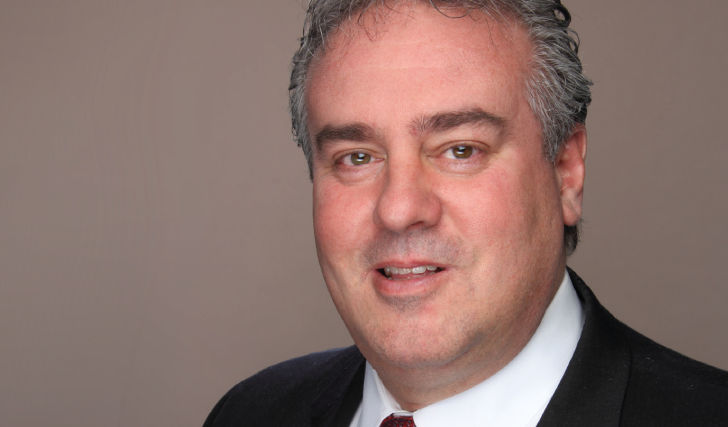Marc Cohen, who will become the next CEO of HUB International on Jan. 1, 2018, expects digital technology to play a major role in the transformation of insurance for both individuals and businesses.
This change will primarily bring simplicity and accessibility to the consumer. “We need to take a multichannel approach to distribution and service. This will combine a brick and mortar strategy with a digital offering. It will be similar to what the banks have gone through. We will have to deliver insurance in a way to meet the needs of consumers… What added value will they want from our services? We better make sure that we understand them,” says Cohen, who is originally from New York and is presently HUB’s president.
This new form of interaction with the consumer will generate innovation, he says. But for that to happen, brokers have to innovate, he adds. Acting the same as they are doing today as an intermediary will not be enough.
The industry does, however, face a major problem, he says. “The insurance industry is seen as a dinosaur. And it’s a very competitive market to attract talent. There will be a place for innovation and artificial intelligence. It will not be a substitute for talent. An advisor has empathy for clients. Artificial intelligence cannot replicate that. Insurtechs and digital marketplaces will benefit all clients. We have the responsibility to keep up. Change is good. It forces us to raise the bar.”
As a market intermediary, HUB has listen to the customer's voice, says Cohen. Then you have to build around that. He adds that customers will be more demanding. They will look for value and not a transactional broker. It will be very different from what was required just five years ago, says Cohen.
Consumers will also be looking at the speed of the transaction, he says. “Consumers have access to other industries like banking and retail where speed is the goal of the next generation of buyers. How do they want to do business? 24/7? Do they want to sit down with someone or not? Some people do all their banking over the Internet, but you also have people who go to their local branches. Insurance will be the same in the future. Insurance will be distributed in the way that clients want it delivered to them.”
Cohen says his company is well positioned to benefit from future opportunities. HUB has surveyed hundreds of consumers over the years, particularly to understand the best way to offer them insurance. HUB has also invested in business to business (B2B) and business to consumer (B2C) functions, but is also exploring new markets, such as white labeling. Cohen says he believes that these efforts are necessary since the insurance industry could change dramatically in three, five or ten years.
Investing to face changes
“We need to refresh our business. We need to unmistakably differentiate ourselves. We are making investments in distribution, technology, and servicing models to face those changes.”
And by differentiating itself, Cohen is convinced that the insurance products that HUB will offer will not be a commodity. Intermediaries who do not make these changes are at risk.
He says that many people will no longer want to talk to a broker. They will want to buy their protection on an iPhone. But by building the interface to serve these people, there must be a place where they can consult someone for help, says Cohen.
Will there be a disruption in the industry? Possibly, says Cohen. "These new players who will cause this disruption will primarily seek to cut costs in the insurance value chain," says Cohen.
“That will be their entry point into the insurance marketplace. As insurance brokers, we need to respond to that by looking at operating efficiencies, and challenge the existing ways procurement and service are being done. It will take focus, a differentiation strategy, and a willingness to invest in areas that help us deliver product and service to clients in the way they want to receive it.”




